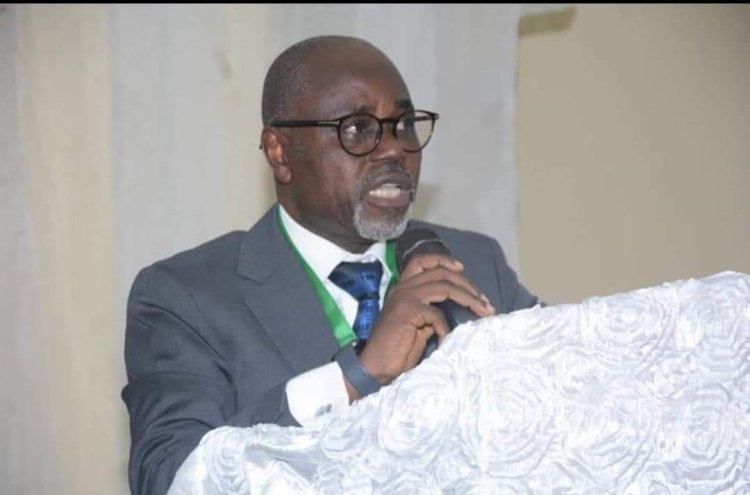UNILORIN monthly electricity bill jumps from N70m to N230m – VC
UNILORIN monthly electricity bill jumps from N70m to N230m – VC

The Vice Chancellor of the University of Ilorin, Prof. Wahab Olasupo Egbewole, SAN, has expressed concern over the recent hike in electricity tariffs imposed by the Ibadan Electricity Distribution Company (IBEDC), which has seriously affected the University’s budget.
In an email message sent to staff and students of the University last Thursday (June 6, 2024), Prof. Egbewole disclosed that the institution’s monthly electricity bill has skyrocketed from N70 million to N230 million per month, a situation he described as ‘‘unsustainable’’.
Read Also:PANS Cultural Day: A Celebration of Diversity and Unity at UNIMAID
The Vice Chancellor stressed the urgent need for a critical reassessment of current electricity usage practices as he appealed to both staff and students to adopt more responsible electricity consumption habits and to support the administration’s efforts to implement cost-saving measures.
The Professor of International Law and Jurisprudence said that the administration is intensifying negotiations for alternative power supply solutions, which, he said, “are expected to yield positive results soon”.
Read Also:UNIMAID Releases Important Announcement for Bio 203 Students
Towards this end, Prof. Egbewole announced that all new buildings under construction in the Faculties of Agriculture, Arts, Environmental Science, Law, and Social Sciences will include provisions for alternative power sources as part of their design.
Read Also:UNIMAID Second Semester Provisional CA Timetable, 2022/2023 session
He added that strategies are being developed to ensure that all Faculties and Units are equipped with reliable alternative power options.

 Amanna
Amanna 



